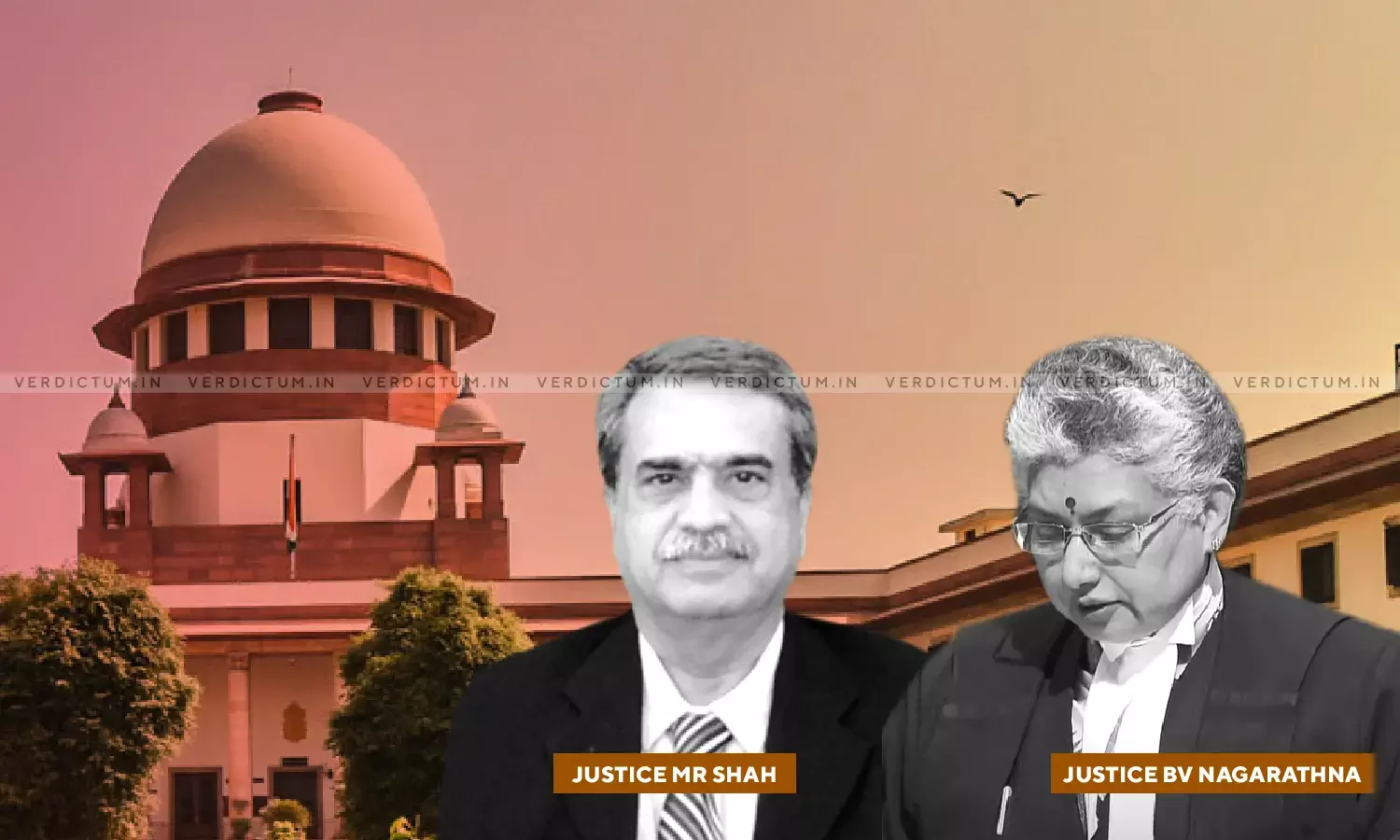Order VII Rule 11 CPC - Courts Must Go Through Entire Plaint, Cannot Reject Merely By Reading Few Lines Or Passages - SC

A two-judge bench of Justice M.R. Shah and Justice B.V. Nagarathna has held that the Courts must go through the entire plaint averments and cannot reject the plaint by reading only a few lines/passages and ignoring the other relevant parts of the plaint. It also mentioned that it is the settled proposition of law that the plaint cannot be rejected partially.
In this case, Plaintiff claimed the relief in the suit invoking Section 53A of the Transfer of Property Act and also prayed for the relief of permanent injunction which was wholly rejected by the Calcutta High Court on the ground of being barred by limitation. The appeal was made to the High Court against the order of Trial Court rejecting an application under Order VII Rule 11.
Appearing on behalf of the Appellant, Counsel Shri Ankur Sood argued whether the plaintiffs would succeed in getting the relief/reliefs under Section 53A of the Transfer of Property Act would have to be considered at the time of trial. It was contended that however, it cannot be said that a suit for a declaration under Section 53A of the Transfer of Property Act would not be maintainable at all.
While the Respondent through its Counsel Shri Suman Kumar Dutt contended that High Court did not commit any error in rejecting the plaint on the ground that the suit is barred by limitation.
The Apex Court noted that the Trial Court rejected the application under Order VII Rule 11 CPC and refused to reject the plaint. However, the High Court by the impugned judgment and order has set aside the order passed by the trial court and allowed the application under Order VII Rule 11 CPC and has rejected the plaint on the ground that the suit is barred by limitation as well as the suit for a declaration simpliciter under Section 53A of the Transfer of Property Act would not be maintainable.
The Bench relied upon its judgment of Ram Prakash Gupta Vs. Rajiv Kumar Gupta and Ors. and held that only in a case where on the face of it, it is seen that the suit is barred by limitation, then and then only a plaint can be rejected under Order VII Rule 11(d) CPC on the ground of limitation. At this stage what is required to be considered is the averments in the plaint. For the aforesaid purpose, the Court has to consider and read the averments in the plaint as a whole.
Holding the view, the bench also relied upon certain paragraphs of the plaint and said that these were not relied upon by the High Court.
The Court further noted, "From the aforesaid decision and even otherwise as held by this Court in a catena of decisions, while considering an application under Order VII Rule 11 CPC, the Court has to go through the entire plaint averments and cannot reject the plaint by reading only few lines/passages and ignoring the other relevant parts of the plaint."
The Court also opined that whether the Plaintiffs were entitled to relief under Section 53A of Transfer of Property Act was a matter of trial, in this context, the Court observed, "...though the reliefs sought were interconnected, whether the plaintiffs shall be entitled to any relief under Section 53A of the Transfer of Property Act or not has to be considered at the time of trial, but at this stage, it cannot be said that the suit for the relief sought under Section 53A would not be maintainable at all and therefore the plaint is liable to be rejected in exercise of powers under Order VII Rule 11 CPC."
Additionally, the Bench held that the High Court committed a grave error in allowing the application under Order VII Rule 11 CPC and rejecting the plaint. The High Court exceeded in its jurisdiction in rejecting the plaint while exercising the powers under Order VII Rule 11 CPC.
the Court also held that the impugned judgment of the High Court was unsustainable both on law and on facts.
Accordingly, the Court allowed the appeal and set aside and quashed the impugned judgment of the High Court and restored the order of the Trial Court.
Click here to read/download the Judgment

